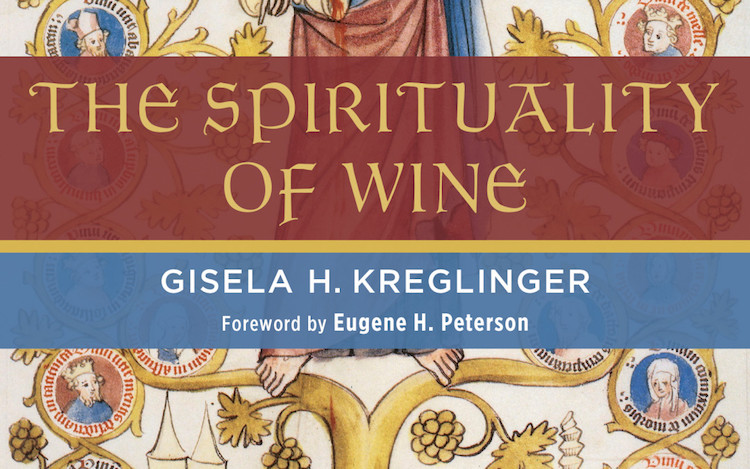The Spirituality of Wine
The use of seemingly ordinary things, such as bread and wine, in the Lord’s Supper challenges us to see that everyday aspects of our lives are imbued with spiritual meaning.
Of all the plants that serve as a source of food, the grape vine, like no other, can grow and be productive in the most adverse agricultural contexts. It thrives in stony soils and on the steepest hills and is most productive in places where little else can be grown. Christ’s fruitfulness comes to a climax in a place where seemingly no life can be found: the cross.
Tasting and smelling can help us remember. Savoring a glass of wine can enhance our capacity to remember. It can and should intensify our experience of the Lord’s Supper, for example, and aid us in our capacity to remember what we celebrate.
Wine can only become wine when the grapes are crushed, and this reminds us of Christ in the winepress and the suffering he had to go through. Pain and suffering are also part of the Christian life. Wine undergoes a fundamental transformation in the fermentation process, and what exactly happens in that process is beyond our current understanding; but we do know that a good wine matures over time.
Interesting Biblical connections:While God pronounces all living creatures and plants to be gifts of food for Noah and his descendants, they are under no circumstance to consume the blood of the animals (Gen. 9:4). Noah is the first to learn this. Noah is also the first to plant a vineyard (Gen. 9:20), though the connection between blood and wine will only become apparent later in the Hebrew narrative.
Wendell Berry rightly argues in this regard: I don’t think it is enough appreciated how much an outdoor book the Bible is. It is a “hypaethral book,†such as Thoreau talked about — a book open to the sky. It is best read and understood outdoors, and the farther out of doors the better. . . . Passages that within walls seem improbable or incredible, outdoors seem merely natural. This is because outdoors we are confronted everywhere with wonders; we see that the miraculous is not extraordinary but the common mode of existence. It is our daily bread. . . . [Consider] the turning of water into wine — which was, after all, a very small miracle. We forget the greater and still continuing miracle by which water (with soil and sunlight) is turned into grapes.
On enjoying wine without abusing it:For Chrysostom, wine is the work of God, and the problem lies, not with wine as such, but with those who abuse it. True abstinence, therefore, means abstaining from sin and drunkenness and enjoying the gifts of God’s good creation in moderation.
Gulping down wine is a waste of God’s gifts. Wine should be reserved for contemplatives, people who are willing to slow down, to be attentive, listening, discerning, and reflective.
Savoring wine at its best is like praying. It takes effort and a willingness to engage in something that is far more complex than what we are used to when we are simply consuming foods.
We need to rescue wine from the gluttons for the contemplatives, because wine was meant to draw us nearer to God and each other rather than alienate us even further from his loving and healing presence. In the words of the German proverb, “To drink is to pray, to binge-drink is to sin.â€
Do You Want to Read the Bible Without Falling Behind?
Sign up your email and I’ll send you a PDF to download and use my custom-made reading plan system. There’s no way to fall behind on this system and every day will be different no matter how long you use it!
I’ll send future content directly to your inbox AND you can dive into the Bible like never before.





